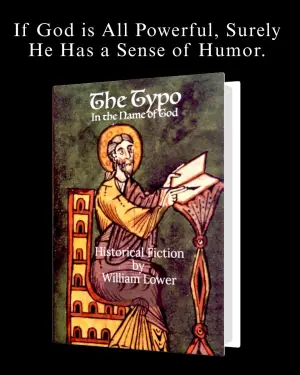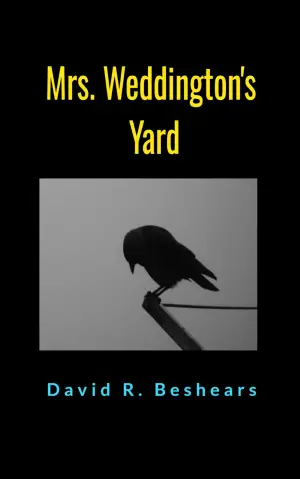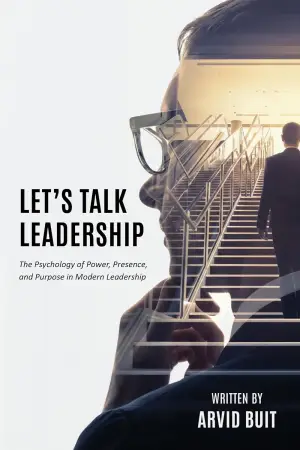As a passionate reader with a penchant for post-apocalyptic fiction, I found myself immediately drawn to “Downward Cycle” by JK Franks. The gripping premise—depicting a world where civilizational collapse unfolds in a heartbeat—sounded too captivating to ignore. The idea of following a character like Scott Montgomery, who thought he could escape his past in a secluded cabin, only to confront the chaotic new reality, intrigued me deeply.
From the get-go, Franks sets a serious tone, immersing readers in a landscape of darkened windows, silent satellites, and an intriguing character grappling with his past while trying to navigate the new paradigm of human existence. The narrative reads like a relentless rollercoaster, and I found myself utterly engrossed in Scott’s journey to save his niece amid looming chaos—something many characters in apocalyptic novels often take for granted. As I flipped through the pages, I was reminded of why I enjoy this genre: the raw exploration of human character in extreme circumstances.
The positives in “Downward Cycle” were plentiful. First and foremost, the character development is substantial. Through Scott’s evolution, I found myself rooting for him as he transforms from a reclusive computer expert into a reluctant hero—a feat echoing sentiments found in Jennifer’s 5-star review, where she noted she couldn’t put the book down. The relationships Scott builds with his new allies, including Solo, his intelligent dog, add an emotional realism that propels the action forward and tugs at your heartstrings. Moreover, the pacing was commendable; I couldn’t help but agree with WA.Husker, who described it as “better than most such books” in terms of storytelling flow.
Yet, the book does have its drawbacks. While many readers praised its believable narrative, some criticisms have emerged. A few have cited the survivalist content as potentially unrealistic—something echoed by JT in his 3-star review, who mentioned that the plot came in “fits and starts.” Additionally, the humor sometimes veered into over-the-top, with a few readers flagging the use of excessive profanity. Personally, while I found some comedic moments provided necessary levity, I can see how it might off-put others.
Another element I found intriguing but perhaps lacking depth was the exploration of the larger societal implications of the collapse. Gabriele Giroux’s 5-star review noted that she loved the book, which made me wonder if the specifics could have been fleshed out a bit more. While the immediate story arc and personal stakes are captivating, I yearned for a deeper dive into how this new order affected broader social dynamics—not just for the characters involved, but for humanity as a whole.
The final pages of “Downward Cycle” do indeed beckon thoughts beyond fiction, leaving a haunting reminder of how quickly the world as we know it can change. It captures the terrifying notion that the “power isn’t coming back” and forces you to contemplate what that void means for humanity, a sentiment echoed by Paul Estep, who appreciated the book for making him “think about many things.”
In summary, “Downward Cycle” successfully delivers a gripping, well-paced narrative with robust characters that kept me engaged until the very end. While it occasionally falters with a few elements, the overall experience met my expectations for a gripping post-apocalyptic ride. I would highly recommend it to fans of the genre or those intrigued by the nuances of human survival against overwhelming odds. I’m already looking forward to diving into the next book in the Catalyst series! If you enjoy thrilling storytelling coupled with human drama, this book should definitely be on your reading list.








